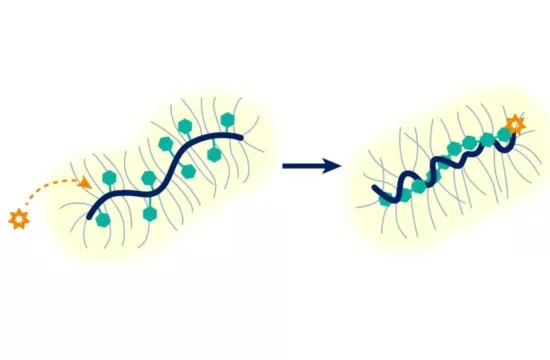Malaysia has implemented a number of legislative activities over the decade of participation in the World Health Organization’s Framework Convention for Tobacco Control (FCTC). NARCC (UM) developed a training program – Smoking Cessation Organizing, Planning and Execution (SCOPE) which is accredited by the Ministry of Health.

Credit : Smoking Cessation Organizing, Planning and Execution Training (SCOPE)
Smoking is the number one public health problem worldwide killing an estimated six million lives each year and this number is expected to increase to ten million by 2030. In response to this epidemic, the World Health Organization has ratified a legal global treaty in 2005, the Framework Convention for Tobacco Control (FCTC). The FCTC comprising of evidence based suggestions is summarized to six strategies using the acronym MPOWER. It aims to reduce tobacco smoking and harm among member countries (last count 172).
Malaysia is a member of this treaty since September 2006. As part of her commitment a number of legislative activities have been implemented over the decade of participation in the FCTC. As a result pictorial health warnings, bans on tobacco advertising and an increasing number of smoke free places have been gazette with all public institutions being smoke free and the latest being all public spaces excluding public car parks are smoke free zones. In 2015, the Malaysia Ministry of Health (MOH) released a blue print: The National Strategic Plan for Tobacco Control 2015 – 2020 (NSP) with the ultimate aim of an endgame strategy by 2045 which aims for a prevalence of <5%. In the interim, Malaysia aims to fulfil its commitment to the United Nation Sustainable Goal of 15% smoking prevalence by 2025.
University of Malaya’s (UM) involvement with the NSP is through the mQuit program launched by the MOH in May 2016. The mQuit involves five core elements which attends to the “O” of MPOWER – the Offering of help to quit smoking. These five elements include (1) upgrading existing quit smoking clinics and services, (2) ensuring adequate pharmacological and psychological intervention be made available, (3) to update the national clinical practice guideline, (4) to train healthcare providers in Malaysia to be able to provide smoking cessation services and finally, (5) to develop a national quit line service. UM has made its mark is in items 3 and 4 through the Nicotine Addiction Research Group of the University Malaya Centre of Addiction Sciences (NARCC) formed in 2009 with the aim of being at the forefront of smoking cessation technology and activity for the nation.
NARCC through research work dating back in 2009 has found that healthcare providers lacked the knowledge and skills to provide smoking cessation and have since developed a training module, initially for dentists which has evolved to cater to all healthcare providers. This training program is called SCOPE (Smoking Cessation Organizing, Planning and Execution) and is one of three training programs accredited by the MOH. It involves 6 thought modules, 2 skills and 1 role-play session. To date more than 30 training sessions have been conducted across Malaysia training nearly 2500 healthcare providers since 2015 when it was launched. Trainers are specialist from the four major disciplines namely medical, dental, pharmacy and nursing. This multidisciplinary team allows a more inclusive training to cater to the many different groups of healthcare providers. This program is supported through a smart partnership between public and private entities signed in 2015 and is further supported by a Grand Challenge grant (GC004-15HTM) by the University of Malaya. This allows the training to not only be delivered well but also evaluated for its effectiveness and relevance.
Dr Amer Siddiq Amer Nordin, the leader for SCOPE believes that all healthcare professionals have an ethical and moral obligation to provide smoking cessation considering that smoking kills nearly half of its intended users. The NARCC of UM are committed in assisting Malaysia to achieve its target of reaching a smoking prevalence of <5% by 2045 one healthcare provider at a time through SCOPE.







